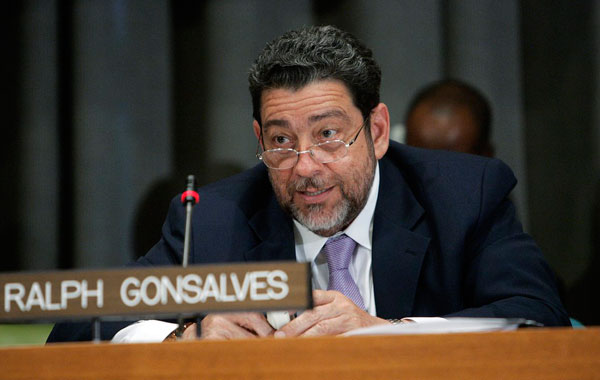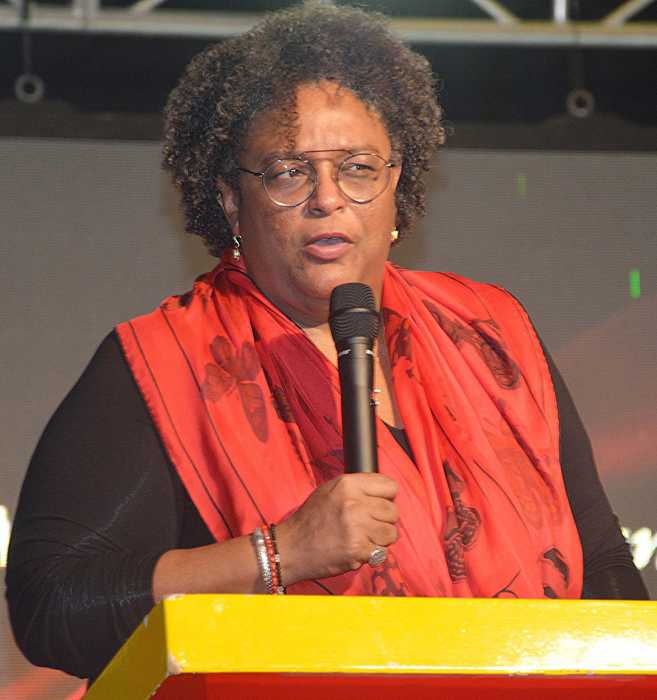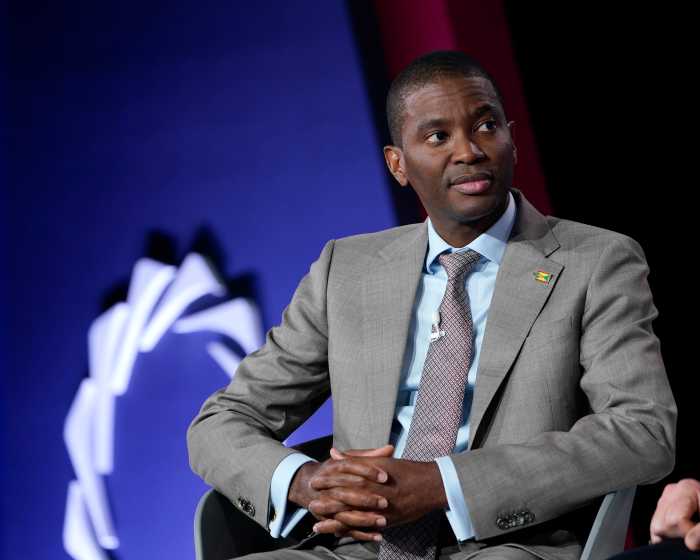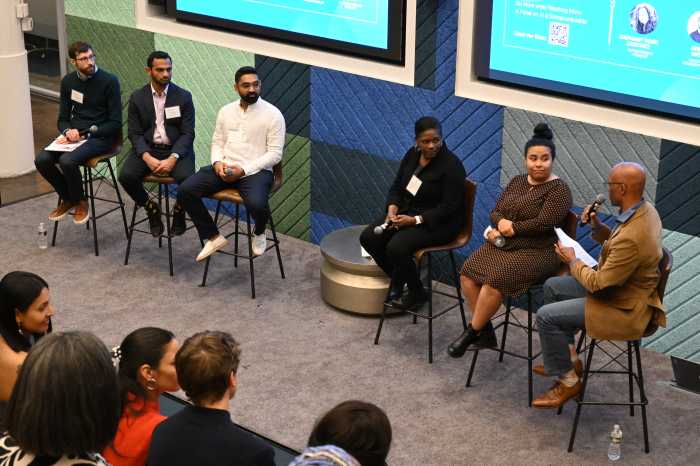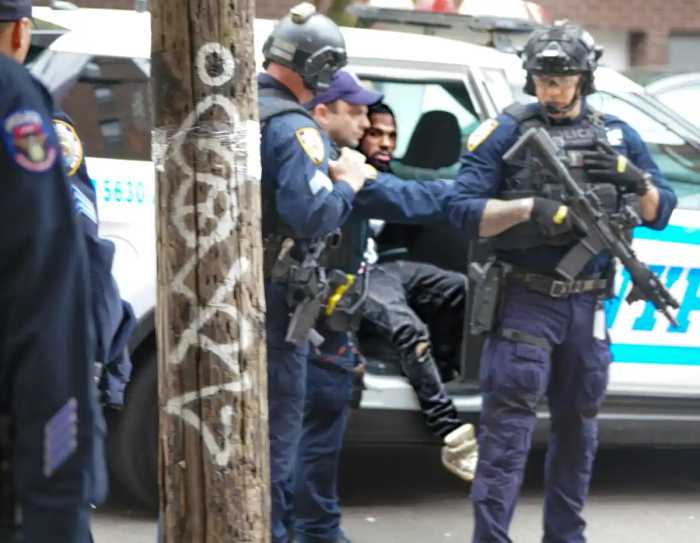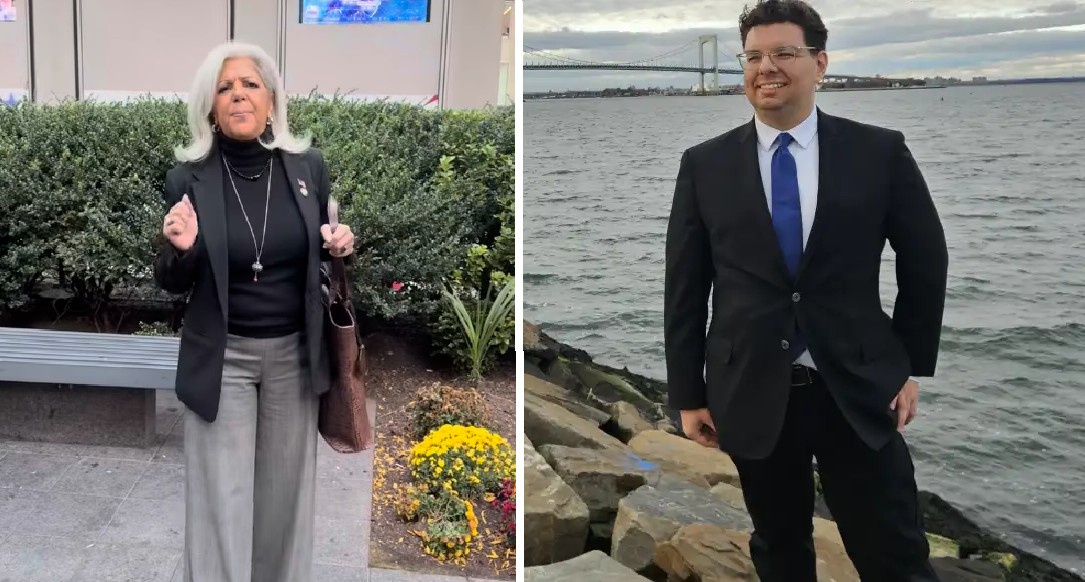Caribbean leaders who are scheduled to meet at their main annual summit in Antigua in early July are to examine and approve a draft document which would demand payment from European nations such as Britain and The Netherlands for the TransAtlantic slave trade officials said this week.
A regional reparations sub-committee meeting which Barbadian Prime Minister Freundel Stuart chaired out of Barbados as the work week began and also included the participation of Prime Minister Ralph Gonsalves of St. Vincent has finalized the draft that will be further looked over by regional attorneys general and later forwarded to presidents and prime ministers when they assemble for four days in Antigua from July 1.
Gonsalves’ persistence, that of leading academics in the University of The West Indies system, as well as the regional Rastafarian Movement have been credited with the renewed passion to win reparations from European for the region in recent years.
More than 70 persons participated in the four-hour video conference including national delegations from most of the 15 members of the grouping. CARICOM said that the draft will not be released before leaders examine and approve it but officials said that it makes out a case for compensation “for the lasting effects of slavery on the Caribbean population” including poor diet, inhumane working conditions, brutality and other stressful conditions that have led to chronic diseases such as high blood pressure in too many people.
Once approved as is widely expected, the document is to form the basis of negotiations with Britain, Spain, Portugal, France, The Netherlands and others, which have participated in the slave trade. Failure to reach a consensus would lead to a lawsuit at the Hague-based International Court of Justice and even though the case is likely to drag on for years, the regional committee has already said that it is prepared to wait it out in the name of justice for the descendants of the African slave trade.
The grouping also plans to hire a group of eminent lawyers to work with the British firm, which has been retained by governments to prepare and fight their case for reparations.
Leaders at their main summit in Trinidad a year ago decided to throw their political support behind the fight by civil society groups to win reparations following intense lobbying from those bodies.
Regional attorneys general are also being brought on board to help refine the draft for on passage to leaders. Some of those who attended this week’s video conference favor a physical presence in Europe to serve the letters but a final decision will be made as to exactly how this will be accomplished.
Additionally, a group of eminent private and state Caribbean attorneys will be drafted in to liaise with the British firm of Leigh Day which had successfully sued and made Britain pay for brutalizing the Mau Mau Tribe in Kenya several decades ago. The firm has already said that it is confident that the region has a strong case and like academics and doctors in the University of the West Indies system, has linked a string of chronic diseases rampaging through the Caribbean to the horrors of slavery and poor diet on plantations.


